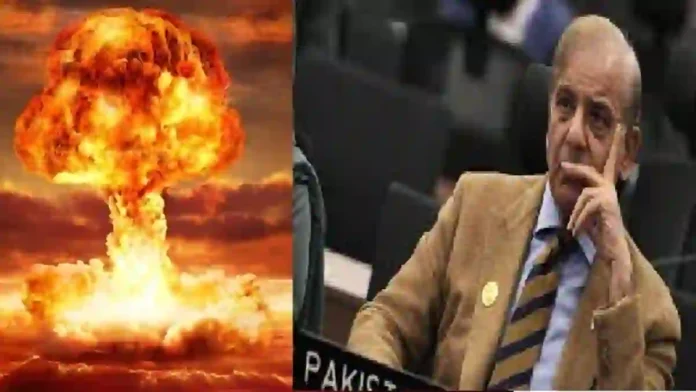Amid renewed tensions between India and Pakistan and claims of potential nuclear escalation, the question of who controls Pakistan’s nuclear arsenal has resurfaced, fuelled by controversial allegations and longstanding international anxieties. A recent viral claim by former CIA officer John Kiriakou alleges that an American general currently has command and control over Pakistan’s nuclear weapons. Kiriakou, who has a history of whistleblowing and was stationed in Pakistan in the early 2000s, stated that the Pakistani government had placed its nuclear arsenal under American oversight.
However, this assertion is not supported by official or independent verification and should be viewed in the context of Kiriakou’s controversial background and lack of corroborating evidence from credible sources.
Read- Indian Army Charts Ambitious Roadmap For Modernisation
Officially, Pakistan’s nuclear weapons are controlled by its own military through a well-established command structure. The Strategic Plans Division (SPD), a secretive arm of the Pakistan Army, is responsible for the operational security and deployment of the nuclear arsenal.
The SPD operates under the National Command Authority (NCA), which is chaired by the Prime Minister and includes senior military and civilian leaders. This structure is designed to ensure tight Pakistani control and prevent unauthorised use.
The United States, while deeply concerned about the security of Pakistan’s nuclear weapons—especially in scenarios involving internal chaos, terrorist threats, or state collapse—does not have direct control over the arsenal. Multiple US administrations have developed contingency plans, often referred to as “snatch-and-grab” operations, to secure Pakistani nuclear weapons in the event of a crisis.
These plans remain highly classified, and while their existence is widely reported, there is no public evidence they have ever been activated or that US personnel have real-time operational authority over Pakistan’s nuclear forces.
Recent years have seen heightened American concern as Pakistan expands its nuclear and long-range missile capabilities, with US officials now labelling Pakistan an “emerging threat” due to its development of missiles potentially capable of reaching the US mainland. This has led to sanctions and increased diplomatic pressure, but not to any formal or informal transfer of command over Pakistan’s nuclear arsenal to US hands.
Pakistan’s nuclear button is officially in the hands of its own military and civilian leadership, not any foreign power.
Allegations of direct American control are unsubstantiated and not backed by official or independent sources.
The US maintains contingency plans to secure Pakistani nukes in a crisis but does not exercise real-time command or control over them.
The debate over Pakistan’s nuclear command and the spectre of US intervention reflect ongoing international anxieties, but the operational reality remains firmly within Pakistani hands—at least for now.
Agencies




